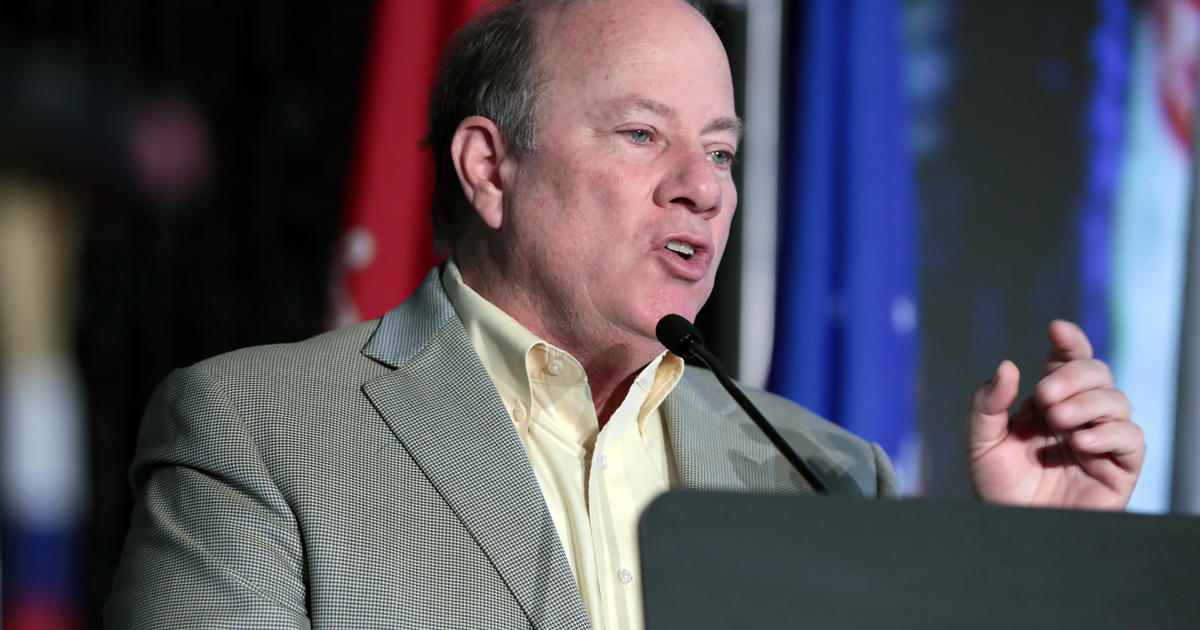What's Next For Tech? GLITR Breakfast Hashes It Out
 Incoming Gov. Rick Snyder faces huge challenges from a fundamental shift in the national and state economy -- including a $1.6 billion deficit in the current fiscal year as he walks in the door.
Incoming Gov. Rick Snyder faces huge challenges from a fundamental shift in the national and state economy -- including a $1.6 billion deficit in the current fiscal year as he walks in the door.
And those in the tech sector can expect significant changes in how the state provides incentives to technology-based business and pursues tech-based economic development, panelists said in a Great Lakes IT Report breakfast at Lawrence Technological University in Southfield Thursday.
Lawrence Tech professor David Allerdice opened the event by pointing out that "this is not your typical, cyclical, wait until the (auto) industry recovers and we will be better in six months or a year" recession.
He said the national loss in manufacturing employment is looming even larger in Michigan, historically a manufacturing state, and emphasized there are "no quick fixes, no silver bullets" to solve that problem -- only a long-term focus on boosting education levels and emphasizing research and development and enhanced technology industries will help.
Allardice said Michigan is no better than mediocre among the states in innovation-based businesses, educational attainment, venture capital and broadband penetration, but ranks fairly high on entrepreneurial activity, utilization of digital technology in state government and industry investment in research and development -- strengths that can be built on.
Next, WWJ Newsradio 950 producer and elections expert Tim Kiska offered a look at what happened in Michigan Nov. 2.
He said the Republican sweep of statewide offices and the state House of Representatives was less a case of more Republican voters -- about 2.8 million pulled straight-party levers, the same as two and four years ago -- than Democrats staying home and independents moving marginally more toward the GOP.
He said Snyder polled well even with left-wing voters, and that so far, Snyder is staying true to his pledge to not be a doctrinaire ideological politician, putting Democrats and independents on his cabinet and transition team along with Republicans.
John Lindstrom, publisher of Lansing-based Gongwer News Service, told the crowd that Michigan's tech industry has a friend in the governor's office -- Snyder, after all, made millions at Gateway Computer and later co-founded Ann Arbor Spark and invested in Michigan tech as a venture capitalist.
And he gave the state credit for success in diversifying its economy -- in the last decade, there have been roughly 1,800 high-tech startups in Michigan, he said.
Lindstrom said the state's efforts to diversify its economy stretch back 50 years, to when manufacturing was 50 percent of Michigan's economy. Today it's a little under 20 percent.
Lindstrom said Snyder's 10-point economic plan "is in many respects a marketing plan, it's not terribly specific in some respects, but it's something that could lead you toward thinking that high tech is something he will be looking at." Aid to cities and higher education also appear to be high Snyder priorities. And he's broken ranks with anti-abortion orthodoxy to support embryonic stem cell research.
When it comes to criticism of the Michigan Economic Development Corp. and other economic incentives, Lindstrom pointed out that former Gov. John Engler originally wanted to eliminate all incentives, "just cut taxes and regulaton and everyone will come here, forgetting that even in states that essentially have no business taxes, they pass out incentives like candy." It took only one major General Motors plant loss to convince Engler that incentives were necessary, Lindstrom said.
However, State Rep. Chuck Moss, R-Birmingham, ridiculed incentives, saying the state had been in the business of pointing to the film industry or wind power and saying "we love you guys," showering them with incentives, but doing nothing for companies like "a boring old electroplating business."
Said Moss: "Industrial policy didn't work in the '80s, and it's not working now. It's not just national nastiness that caused Michigan to fail to prosper, Michigan has failed to prosper for the past 10 years, including the last two years of John Engler."
Moss said that when it comes to incentives, "If your business depends on the state having a thumb on the scale, you are in trouble. Everything is going to be based on outcomes, measurable outcomes... I don't know what the next big thing is going to be, but I guarantee you Jennifer Granholm doesn't either."
Moss and Lindstrom agreed the huge deficit creates the need for major budget changes. Lindstrom mentioned the possibility of consolidating the state's universities into a statewide system along the lines of New York or California, which would require a change in the state constitution. Moss mentioned cuts in public employee pay and benefits.
(c) 2010, WWJ Newsradio 950. All rights reserved.



